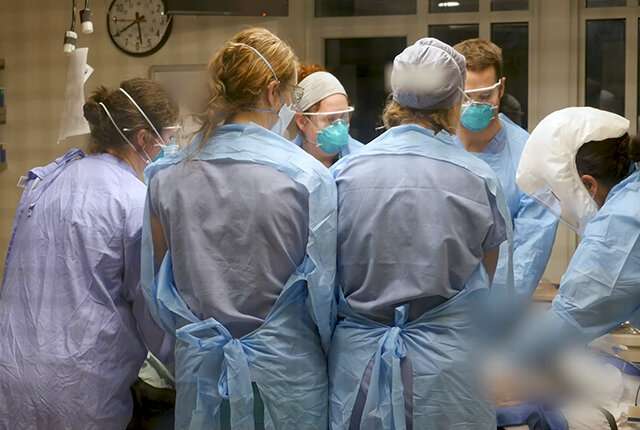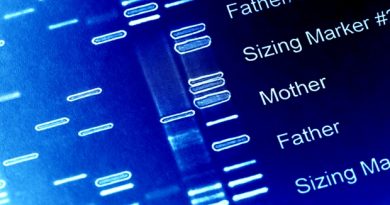Psilocybin study enrolls clinicians with COVID-linked blues

Enrollment has begun in a small study of whether psilocybin-assisted psychotherapy can help alleviate symptoms of depression and anxiety that front-line clinicians developed during the COVID-19 pandemic.
Psilocybin is the psychedelic compound found in some species of mushrooms. The U.S. Food and Drug Administration recently classified its assistive role in psychotherapy as a “breakthrough therapy” for depression.
This is the first study of the therapy’s potential benefit with clinicians, and the University of Washington School of Medicine is the sole trial site. Thirty participants will be randomly assigned to either the test group or placebo group. The psilocybin or placebo will be given during one session in a series of visits with specially trained psychotherapists.
“We’re looking for doctors, nurses and advance-practice providers who have clinically significant symptoms of depression and anxiety. We hope to help them address their feelings of grief, inadequacy and moral distress as a result of caring for COVID patients,” said Dr. Anthony Back, the lead investigator.
He is a UW Medicine oncologist, palliative-care specialist and professor of medicine. He also has undergone training in psychedelic-assisted therapy.
Back described the trauma experienced by many front-line COVID-19 care providers.
“At the outset there was this agonizing uncertainty about how easily the virus was transmitted. Then many practitioners saw patients die right in front of them, with no family present, so the clinicians had to carry the emotional burden that family members normally would bear. And many of these patients die in great physical discomfort, gasping for breath. It’s been really hard, and in some instances traumatic.
https://youtube.com/watch?v=MzAyNB19_L8%3Fcolor%3Dwhite
“What I hear my colleagues say is, “I don’t think I can keep doing this,'” Back said.
Trial enrollees must meet a set of eligibility criteria and take a scientifically validated questionnaire to confirm their depression symptoms. That same questionnaire will be given again after the sessions to gauge whether psilocybin made a difference to the therapy’s effectiveness.
All participants will have two 90-minute counseling sessions to build trust with therapists and to learn what to expect during the psychedelic experience. On the third visit, test-cohort participants will receive a dose of synthesized, pure psilocybin, equivalent to about 3 grams of dried mushrooms. That session will be guided by two therapists and is expected to last four hours or more.
“We will watch them until they reached the state of being able to go home safely with someone else who’s driving,” Back said.
He acknowledged that participants who get the placebo during that visit will likely realize it “and probably be disappointed. But they’ll still get the same hours-long window with two therapists, and for a lot of clinicians, it will be the first time that they have taken that much time to process the feelings that negatively affect their attitudes toward work and life.”
Previous studies, notably one by Johns Hopkins University, have described psilocybin’s effectiveness in treating depression and anxiety.
Back suggested that psilocybin uniquely enables psychological exploration. “It makes your brain more plastic and your beliefs and desires less rigid. It can allow people to break up habitual cycles of thoughts and beliefs” that might cause their sadness and depression.
After that distinctive third visit, each participant will have three subsequent counseling sessions to discuss insights gained and how those might inform their attitudes toward job or life changes they want to make, Back said.
Source: Read Full Article



